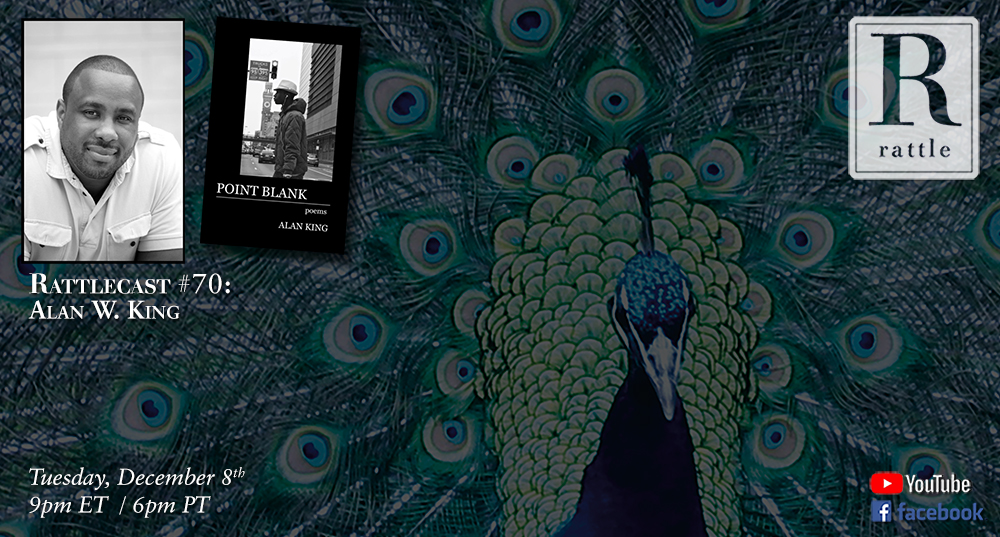December 8, 2020Chagrin
CHAGRIN
When security escorts a woman
back to the register, you hear
other shoppers whispering
their speculations—the alarm’s
tone before plainclothes officers
flank her at the door, their hands
beckoning to come with them.
And does it matter that
you both are among the few
African Americans in a department
store that once forced Blacks
to shop in the basement, and where
Jim Crow banned your elders from
the dressing rooms? Can all
the civil rights marches and integration
keep you from flinching
at how one of your own
is handled—the officers
jerking their suspect around,
the woman shouting
for them to take their hands
off her. And afterwards,
will anything make this right
again—the gift cards
or the cashier’s apology
after waving the receipt,
explaining she forgot to
disarm the anti-theft device?

from #31 - Summer 2009